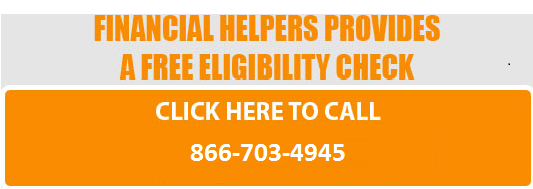You Won’t Believe How Much Debt Has Changed Since The Great Recession
The Great Recession that hit a decade ago was a tough time for millions of Americans.
One of the reasons for the recession can be explained is how Americans spent their own money. Debt (and debt payments) grew so large that there was a steep drop off in consumption. The situation was much more detailed than that, but household debt reached a peak and the trouble flowed in every direction.
If people weren’t spending money to pay off their auto loans, mortgages, and other debts, then those industries struggled to keep their head above water. As foreclosures continued to pile up, Americans ultimately spent less and less money.
It required massive bailouts by the federal government to get us out of the mess, but that doesn’t mean Americans have made smarter financial decisions to prevent another Great Recession from happening.
In fact, our debt is higher than it’s ever been in the history of this country. Mortgage debt is lower than it was in 2008, but all other forms of debt, like credit card debt, auto loans, and student loans, are 45% higher! That’s an absolutely shocking number.
We’ve been cranking up our debt at a rate of 3.4% each year and set to cross $15.7 trillion in total debt by the end of this month, which is a $1 trillion increase from what it was back in 2008.
Americans have always been in debt, and if often requires the government to take drastic actions to prevent us from entering another scary phase where millions struggle to make ends meet. So, while the Obama Administration helped us take care of a large chunk of mortgage debt, that freed us up in pursuit of other debts.
While jobs were laying off workers, many decided to go back to college and get a degree, leading to a shift in the type of debt Americans are accumulating. Currently, student loan debt is about 42% of the total amount of debt consumers have. Credit card debt is at about 27%.
The numbers have reversed in the last decade, as credit card debt was 42% and student loans were at 27%. 10.3% of our disposable income is going towards student debt alone, which is up from 6% a few years ago, a 130% increase since 2008.
75% of millennials today say they’re stressing big time over their student loans as they struggle to pay them back. They’re graduating college with all this debt, but not finding adequate work to help them pay off even the basic minimum they’re required, often throwing their loans into default.
The battle now within the government is how much they’re willing to help students overcome this massive burden. The Obama administration instituted several programs that are still available to this day, but the Trump administration has targeted their removal to help cut federal spending.
Trump has agreed to leave these programs alone for now, but no one knows what will happen when the 2019 budget is formulated. That leaves students with a short amount of time to get the help they need to pay down their student loan debt.
